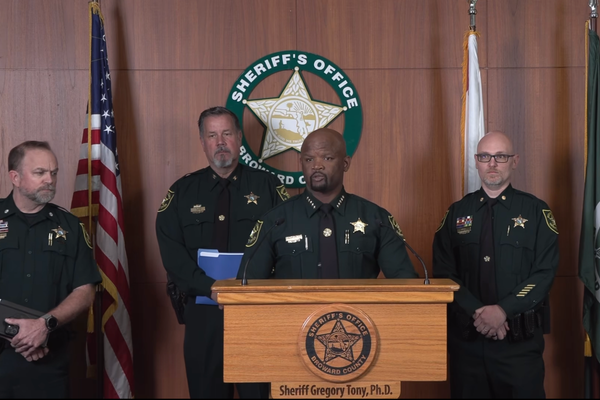
Boris Johnson is expected to instruct millions to return to workplaces across England as he tries to placate furious MPs with a review of Covid restrictions that could end all rules introduced to combat Omicron.
The cabinet will meet on Wednesday morning to examine Covid data and review plan B restrictions imposed in December amid the rapid spread of the variant, with Johnson set to update the Commons later in the day.
While an official statement said decisions remained “finely balanced”, ministers are widely expected to approve the end of current advice for people to work from home where possible and the use of vaccine certificates to enter venues like nightclubs and sports stadiums. This would happen from 26 January, the pre-set review point for the plan B measures.
It is also possible, if considered less likely, that the cabinet could drop the final plan B restriction which mandates masks on public transport and in shops. This move in particular would please many Conservative backbenchers, especially those in the influential Covid Recovery Group.
In defending Johnson from calls to quit over claims he knowingly took part in lockdown-breaching parties, supporters have repeatedly talked up his decision to avoid stricter restrictions as Omicron spread, saying hospitalisation figures have since proved him right.
But while total confirmed cases have started to drop slightly in recent days, albeit remaining near 100,000 a day nationally, the wave of infections has hit regions at different times, with the north of England nearer the peak than places such as London.
The director of public health for one city in the north of England said they would be extremely wary at the idea of plan B restrictions being removed so soon.
“It does feel too early, certainly in the north,” they said. “We’re still seeing real pressure in hospitals, and people being off work. The idea of dropping everything next week just doesn’t seem sensible. If we tell people they can all go back to the office, we’ll just get even more people off sick.
“I personally thought we shouldn’t have lost masks when we did last year – it was too soon. Every time you take something away and try to reintroduce it, public support is lost. I just wish there was a bit more time, so we can feel slightly more comfortable. It’s not just Covid, but all the pressures on the NHS.”
Another worry, they said, was the possibility of a wave of new infections affecting vulnerable people who had received a Covid booster some time ago, with the protection beginning to wane.
While ministers have talked up the idea of an end of restrictions meaning Covid is moving from pandemic to endemic status, like seasonal flu, the public health director said this was premature.
“We’re just not there yet,” they said. “You don’t see cases rising in the way we have in the last few weeks if something is endemic. It’s got to be a much more stable position.”
More widely, ministers are looking at phasing out all remaining Covid rules in England, including the legal requirement to self-isolate after a positive Covid test, backed up by fines.
This and other provisions, such as the requirement to give details to NHS Test and trace, are due to expire in March and could be allowed to lapse.
A No 10 statement setting out the plan for Wednesday’s decision noted that case numbers are still high, with 17,000 Covid patients in hospital in England.
A government spokesperson said: “Decisions on the next steps remain finely balanced. Plan B was implemented in December to slow the rapid spread of the extremely transmissible Omicron variant, and get more jabs in arms.
“The Omicron variant continues to pose a significant threat and the pandemic is not over. Infections remain high but the latest data is encouraging, with cases beginning to fall.”







